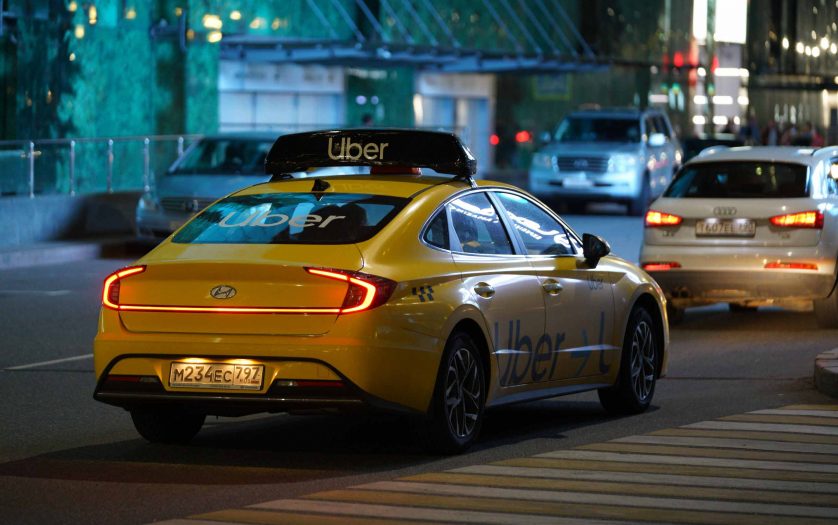
The U.S. Justice Department filed a lawsuit against Uber for charging “wait time” fees to passengers who, because of disability, need more time to enter a car on Wednesday.
Uber’s policies and practices of charging wait time fees based on disability have harmed passengers with disabilities throughout the country. The lawsuit, filed in the U.S. District Court for the Northern District of California, alleges that Uber violated Title III of the Americans with Disabilities Act (ADA), which prohibits discrimination by private transportation companies like Uber.
In April 2016, Uber began charging passengers wait time fees in a number of cities, eventually expanding the policy nationwide. Wait time fees start two minutes after the Uber car arrives at the pickup location and are charged until the car begins its trip.
The department’s complaint alleges that Uber violates the ADA by failing to reasonably modify its wait time fee policy for passengers who, because of disability, need more than two minutes to get in an Uber car. Passengers with disabilities may need additional time to enter a car for various reasons. A passenger may, for example, use a wheelchair or walker that needs to be broken down and stored in the car. Or a passenger who is blind may need additional time to safely walk from the pickup location to the car itself. The department’s lawsuit alleges that, even when Uber is aware that a passenger’s need for additional time is clearly disability-based, Uber starts charging a wait time fee at the two-minute mark.
The lawsuit seeks relief from the court, including ordering Uber to stop discriminating against individuals with disabilities. Additionally, the department asks the court to order Uber to modify its wait time fee policy to comply with the ADA; train its staff and drivers on the ADA; pay money damages to people subjected to the illegal wait time fees; and pay a civil penalty to vindicate the public’s interest in eliminating disability discrimination.
“People with disabilities deserve equal access to all areas of community life, including the private transportation services provided by companies like Uber,” said Assistant Attorney General Kristen Clarke for the Justice Department’s Civil Rights Division. “This lawsuit seeks to bring Uber into compliance with the mandate of the Americans with Disabilities Act while sending a powerful message that Uber cannot penalize passengers with disabilities simply because they need more time to get into a car. Uber and other companies that provide transportation services must ensure equal access for all people, including those with disabilities.”
“Uber’s wait time fees take a significant toll on people with disabilities,” said Acting U.S. Attorney Stephanie M. Hinds for the Northern District of California. “Passengers with disabilities who need additional boarding time are entitled to access ridesharing services without discrimination. This lawsuit seeks to assist people with disabilities to live their lives with independence and dignity, as the ADA guarantees.”








